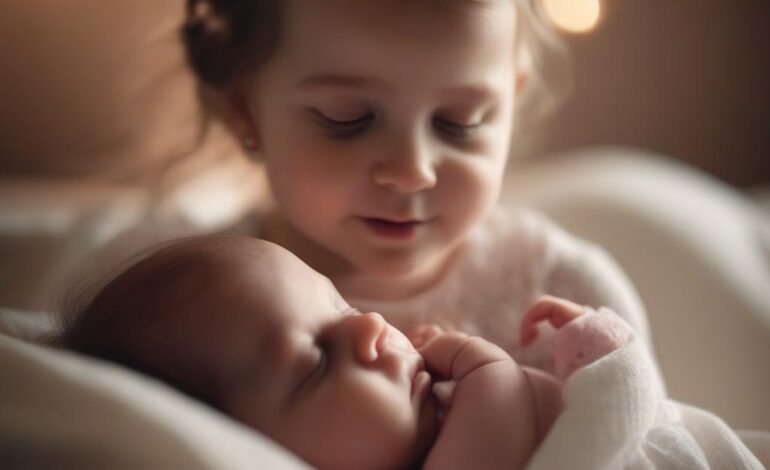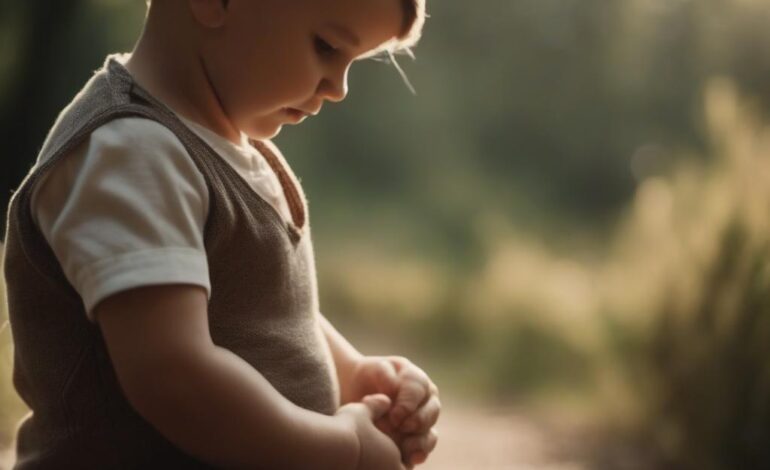It’s a Girl: Celebrating the Birth of a Daughter

-
Table of Contents
- It’s a Girl: Celebrating the Birth of a Daughter
- The Cultural Significance of “It’s a Girl”
- Empowering Girls: The Importance of Gender Equality
- Case Studies: Celebrating the Birth of Girls
- Case Study 1: India’s Beti Bachao, Beti Padhao Campaign
- Case Study 2: The Maasai Community in Kenya
- Q&A: Answering Common Questions
- 1. Why is the birth of a girl celebrated?
- 2. What challenges do girls face around the world?
- 3. How does gender equality contribute to economic growth?
- 4. What is the significance of the Beti Bachao, Beti Padhao campaign in India?
- 5. How does the Maasai community in Kenya celebrate the birth of a girl?
- Conclusion
When a baby is born, it is a moment of joy and celebration for the parents and their loved ones. The arrival of a child brings hope, happiness, and a sense of wonder. In many cultures around the world, the birth of a girl is particularly cherished and celebrated. In this article, we will explore the significance of the phrase “It’s a girl” and delve into the reasons why the birth of a daughter is so special.
The Cultural Significance of “It’s a Girl”
In many societies, the birth of a girl is seen as a cause for celebration and is often met with great excitement. This cultural significance can be attributed to various factors:
- Breaking Gender Stereotypes: Historically, women have faced discrimination and limited opportunities in many parts of the world. The birth of a girl challenges these stereotypes and signifies progress towards gender equality.
- Continuation of Family Legacy: In some cultures, the birth of a daughter is seen as a way to carry forward the family name and traditions. Daughters are valued for their ability to maintain family ties and pass on cultural heritage.
- Symbol of Fertility: The birth of a girl is often associated with fertility and the ability to bear children. In societies where having children is highly valued, the arrival of a daughter is seen as a blessing.
Empowering Girls: The Importance of Gender Equality
While the birth of a girl is a cause for celebration, it also highlights the need for gender equality and empowerment. Girls around the world face numerous challenges, including limited access to education, child marriage, and gender-based violence. It is crucial to address these issues and create a world where every girl has the opportunity to thrive. Here are some key reasons why gender equality is important:
- Economic Growth: Studies have shown that gender equality is linked to economic growth and development. When girls have access to education and equal opportunities, they can contribute to the workforce and drive economic progress.
- Health and Well-being: Gender equality is essential for improving the health and well-being of girls and women. It enables them to make informed decisions about their reproductive health, access healthcare services, and live a life free from violence and discrimination.
- Social and Political Participation: Gender equality is crucial for ensuring equal representation and participation in decision-making processes. When girls and women have a voice in society, their perspectives and experiences can shape policies and lead to more inclusive and equitable societies.
Case Studies: Celebrating the Birth of Girls
Let’s take a look at some inspiring case studies that highlight the celebration of the birth of girls:
Case Study 1: India’s Beti Bachao, Beti Padhao Campaign
In 2015, the Government of India launched the Beti Bachao, Beti Padhao (Save the Daughter, Educate the Daughter) campaign to address the declining child sex ratio and promote the education of girls. The campaign aims to change mindsets and create an enabling environment for the girl child. It has led to increased awareness about the importance of girls’ education and has resulted in positive changes in attitudes towards the birth of a girl.
Case Study 2: The Maasai Community in Kenya
The Maasai community in Kenya traditionally values the birth of a girl. Girls are seen as a source of pride and are celebrated through elaborate ceremonies. The birth of a daughter is considered a blessing, and she is raised with love and care. The Maasai community’s celebration of girls challenges the notion that girls are less valuable than boys.
Q&A: Answering Common Questions
1. Why is the birth of a girl celebrated?
The birth of a girl is celebrated for various reasons, including breaking gender stereotypes, continuation of family legacy, and symbolizing fertility. It is a moment of joy and hope for the parents and their loved ones.
2. What challenges do girls face around the world?
Girls around the world face numerous challenges, including limited access to education, child marriage, and gender-based violence. These challenges hinder their ability to reach their full potential and contribute to society.
3. How does gender equality contribute to economic growth?
Gender equality is linked to economic growth as it enables girls and women to access education and equal opportunities. When girls are educated and empowered, they can contribute to the workforce and drive economic progress.
4. What is the significance of the Beti Bachao, Beti Padhao campaign in India?
The Beti Bachao, Beti Padhao campaign in India aims to address the declining child sex ratio and promote girls’ education. It has increased awareness about the importance of girls’ education and has led to positive changes in attitudes towards the birth of a girl.
5. How does the Maasai community in Kenya celebrate the birth of a girl?
The Maasai community in Kenya celebrates the birth of a girl through elaborate ceremonies. Girls are seen as a source of pride and are raised with love and care. The celebration of girls challenges the notion that girls are less valuable than boys.
Conclusion
The phrase “It’s a girl” carries immense cultural significance and symbolizes the celebration of the birth of a daughter. The birth of a girl challenges gender stereotypes and signifies progress towards gender equality. However, it also highlights the need to address the challenges faced by girls around the world and work towards creating a more inclusive and equitable society. By celebrating the birth of girls and empowering them, we can create a brighter future for all.



